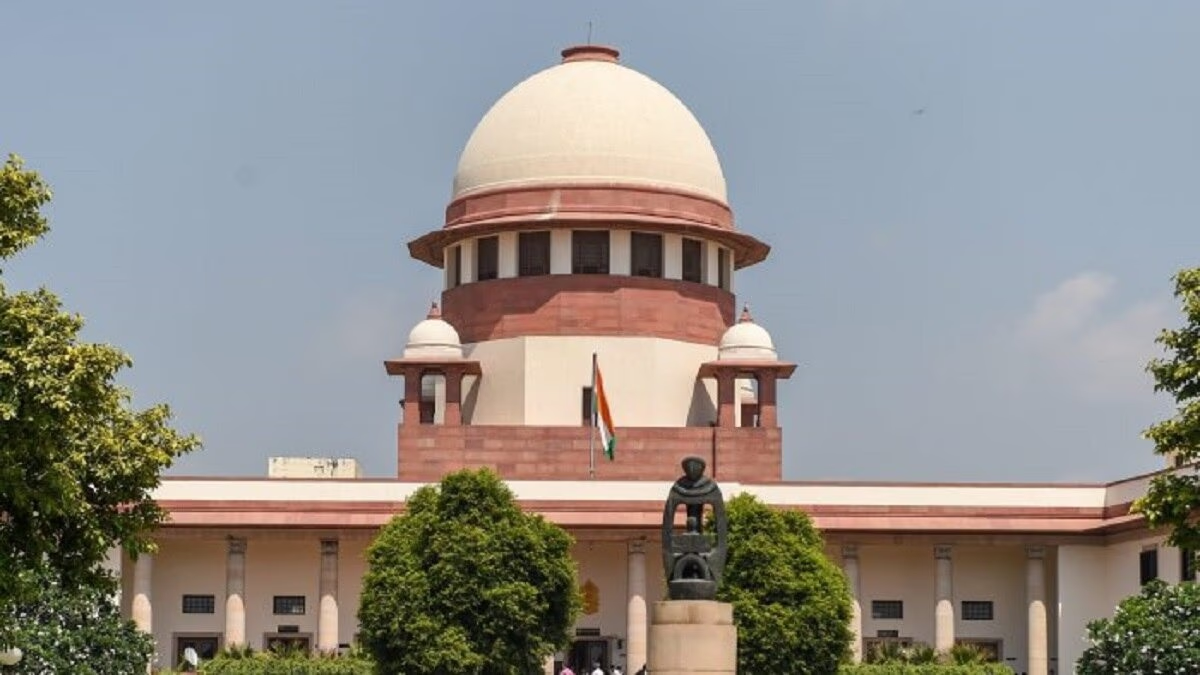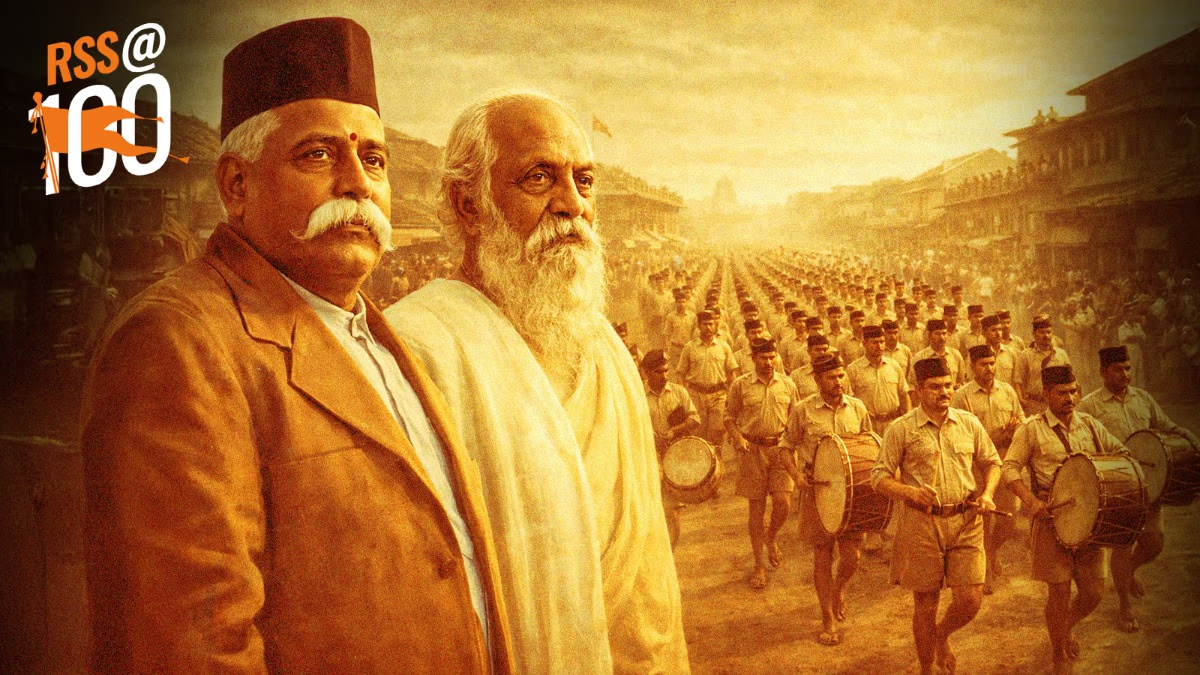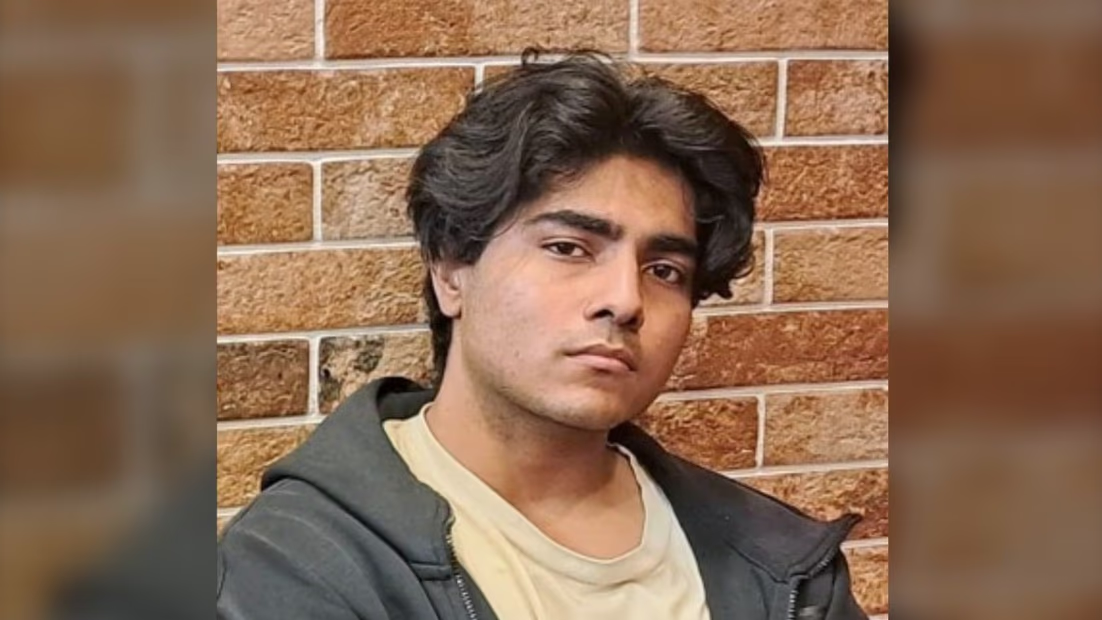The Gyanvapi Mosque's management committee has now approached the Supreme Court concerning the Places of Worship Act, 1991. Their petition stands in defense of the Act. By filing a request in the court, the committee has sought to become a party in this matter. Previously, organizations like the All India Muslim Personal Law Board and Jamiat Ulema-e-Hind had also submitted pleas.
In its intervention application, the Gyanvapi Mosque Committee has requested the dismissal of petitions by Ashwini Upadhyay, Subramanian Swamy, and others questioning the Places of Worship Act. The committee insists the Act remains completely legitimate and must be fully enforced.
Several Muslim groups, including the All India Muslim Personal Law Board (AIMPLB) and Jamiat Ulema-e-Hind, have already been involved in this case. Now, the Gyanvapi Mosque Committee in Varanasi seeks to participate, declaring itself an affected party.
The Controversy Explained
The dispute over the Kashi Vishwanath Temple and the Gyanvapi Mosque echoes the Ayodhya conflict. Unlike Ayodhya, where a mosque was built, both a temple and mosque coexist in this matter. The Hindu side claims that in 1669, Mughal ruler Aurangzeb demolished the Kashi Vishwanath Temple to construct the Gyanvapi Mosque. According to their claim, they have been contesting this since 1670. However, the Muslim side argues that there was never a temple, asserting a mosque has existed from the outset.




